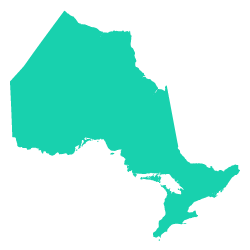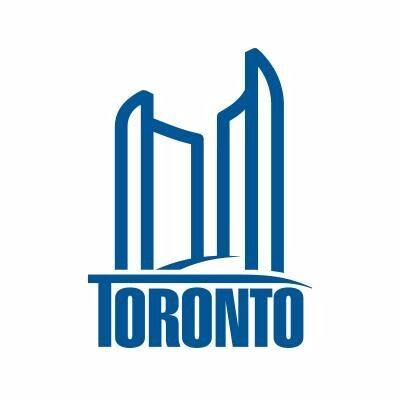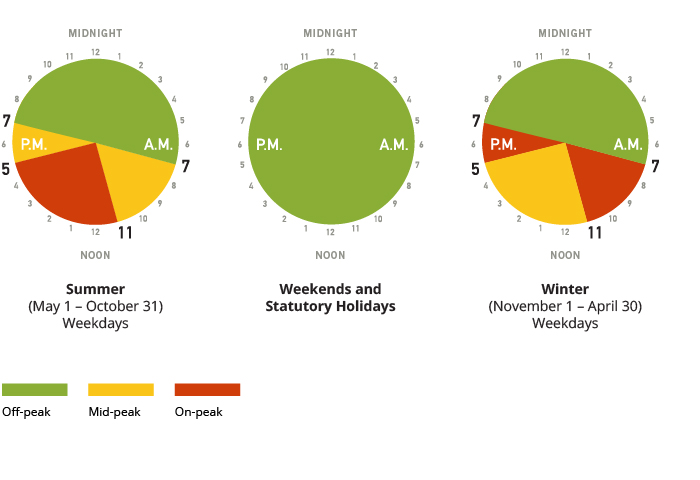Are you looking to buy your first electric vehicle (EV)? Maybe you’re on the waitlist for the upcoming EVs on the market? Or, perhaps you already have your EV and are now ready to equip yourself with a home EV charger?
For many potential—or new—EV owners, one of the most confusing aspects to making the switch to a zero emission vehicle is the steps needed to
choose, buy and install a home (Level 2) EV charging station. However, with
80% of EV charging sessions happening at home, choosing to equip your home with and
EV charging station is an essential step to maximizing the savings and benefits EVs offer.
The good news is, each year, we see more and more governments, municipalities, utilities and businesses offer rebates to help new EV drivers in their territories. That’s why, to provide you with the comprehensive list of available rebates, we updated our handy guide: Rebates for home EV chargers in Canada!
We also encourage you to find out what rebates are available to you as soon as possible as some rebates for home EV chargers are given on a first come, first serve basis, while others might have a specific deadline to submit your application. So let’s get started, shall we?







